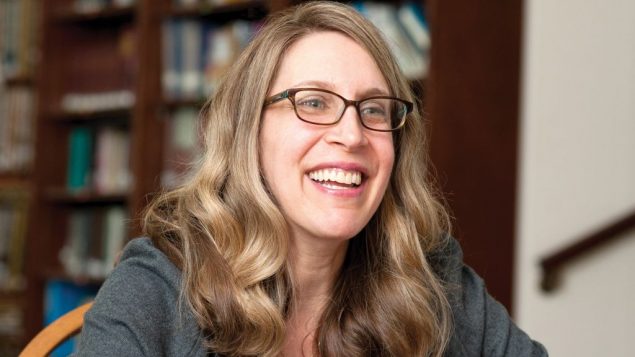Viewing The #MeToo Hashtag As A Teaching Tool
We explored the need to hold both in our classrooms: Our biblical characters who speak up, and those whose voices are silenced or who censure themselves out of shame and fear. Those whose power is elevated through voice, and those who we never hear.
by Shira Epstein
Shira Epstein, assistant professor of Jewish education at the Davidson School of the Jewish Theological Seminary, inspired us to learn from the Vashti narrative with her thought provoking essay first published this past November in TimesofIsrael.com. We’ve published an excerpt below but encourage you to read it in its entirety.
When we stay stuck in fear, we mislabel these cascading stories as cautionary tales rather than launch pads for action. After all, Judaism holds rich, complicated, textured narratives at its core. What would it look like to view this hashtag as a beacon, an invitation to reignite and re-energize the ways Jewish educational institutions teach about relationships, power, status, partnership and consent? We don’t run from the stories, but run toward them; we amplify the pedagogy of narrative that has always been central to Jewish teaching and dig deep into the foundational values of respect and care for “the other.” In a recent training seminar for day school teachers at the Jewish Theological Seminary, we listened to Billy Joel and Cyndi Lauper belting out “but you can’t talk about it because you’re following a code of silence,” and read it against John Mayer’s buoyant “say what you need to say.” We explored the need to hold both in our classrooms: Our biblical characters who speak up, and those whose voices are silenced or who censure themselves out of shame and fear. Those whose power is elevated through voice, and those who we never hear. We read them and talk about them. In tandem, we as adults honor the stories of the present day and hold space for those that are yet to emerge.
Shira D. Epstein is assistant professor of Jewish education at the Davidson School of Jewish Theological Seminary, and has written curricula for Jewish Women’s International and MyFace focused on healthy relationship building and choosing kindness.

